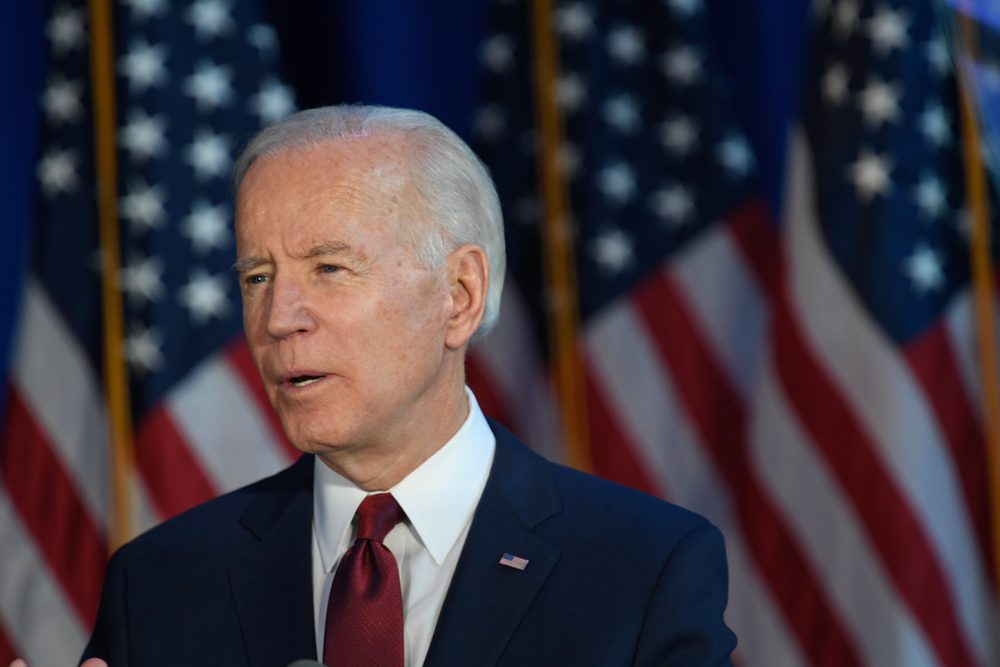
Joe Biden was in Tokyo on Monday, May 23rd, for his first visit to Japan as President of the United States. The aim of this several-day trip to Asia—which began with a stopover in South Korea—is to show American support for China’s neighbours, at a time when China can take advantage of the general context of destabilised international relations to increase its power. The Quad, an alliance of states that includes the United States, Japan, India, and Australia, is meeting in the Japanese capital to discuss the dangers posed by China’s military and territorial ambitions.
During a press conference with Japanese Prime Minister Fumio Kishida, Joe Biden was asked about Taiwan. He reaffirmed U.S. support for the small heir state of Nationalist China in no uncertain terms when a journalist asked whether the U.S. would intervene militarily if China invaded Taiwan. “That’s the commitment we made,” he replied.
In his speech, Joe Biden made a clear link between the Taiwan issue and the war between Russia and Ukraine. He reiterated his commitment to long and massive sanctions against Russia, which he saw as a way of sending a strong signal to China. If the U.S. were to drop sanctions, “what signal would that send to China about the cost of trying to take Taiwan by force?” he asked.
Taiwan immediately welcomed Biden’s remarks, while communist China accused him of “playing with fire.” The United States “is using the ‘Taiwan card’ to contain China and will burn itself,” Zhu Fenglian, from the State Council’s Taiwan Affairs Office, was quoted as saying by the official New China news agency. Zhu Fenglian “urged the U.S. to stop any remarks or actions” that violate previously established principles with China.
The U.S. president’s remarks could be interpreted as a change of strategy, and a clarification from the White House was needed. This is the third time in recent months that Biden has insisted on U.S. armed support for Taiwan, claims only to be denied by the White House.
On Tuesday, May 24th, Joe Biden was asked by journalists if the United States had abandoned its traditional line of conduct towards Taiwan, namely “strategic ambiguity.” At the risk of appearing to contradict himself, Joe Biden replied: “No, the policy has not changed at all, I said that on Monday.”
The “strategic ambiguity” consists of the United States diplomatically recognising only mainland China, while committing to give the autonomous island the military means to defend itself in case of invasion, but without ever explicitly promising American intervention. In recent months, U.S. and Chinese warships have been seen moving around the Taiwan Strait, a sign of the extreme tension between the two countries.
